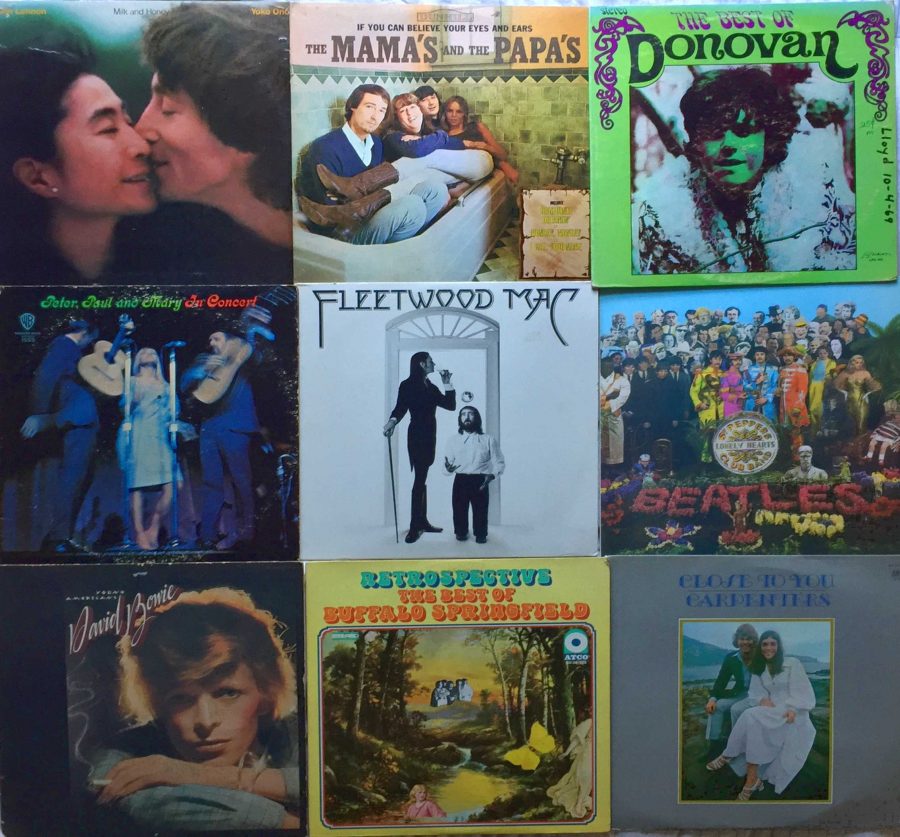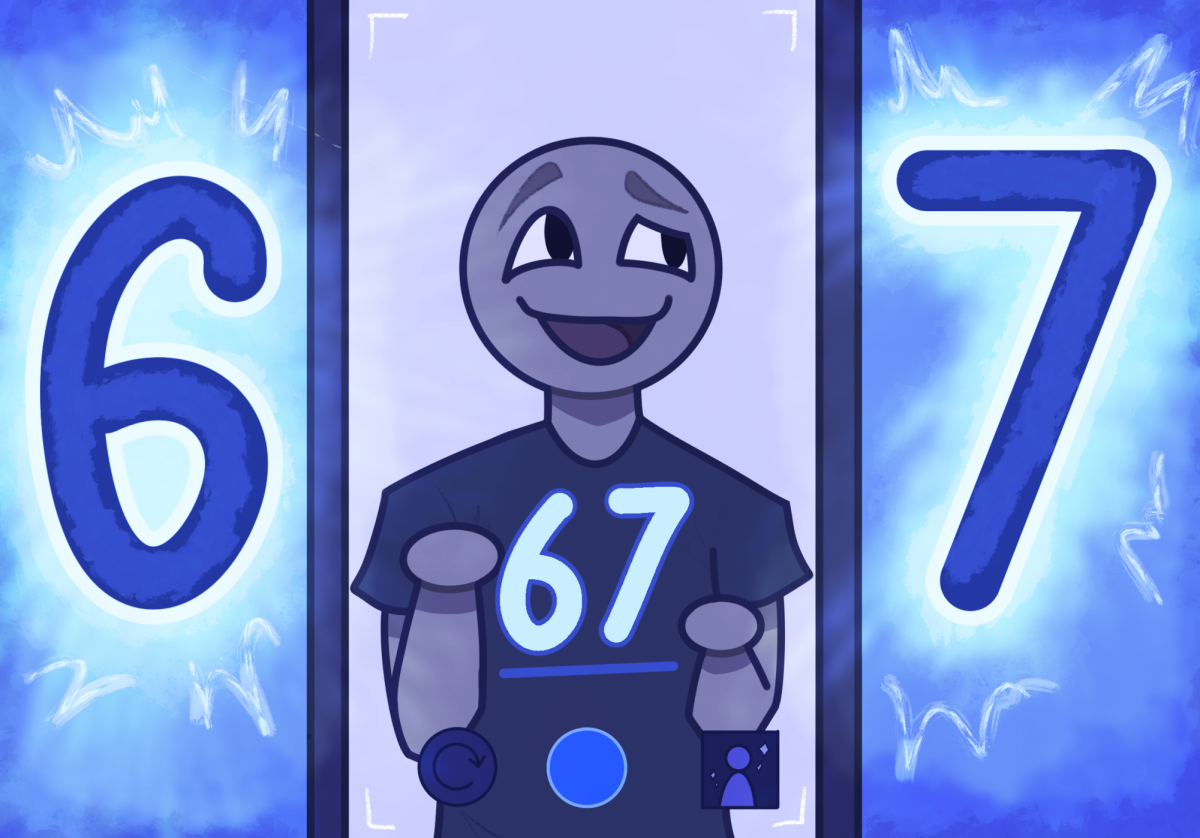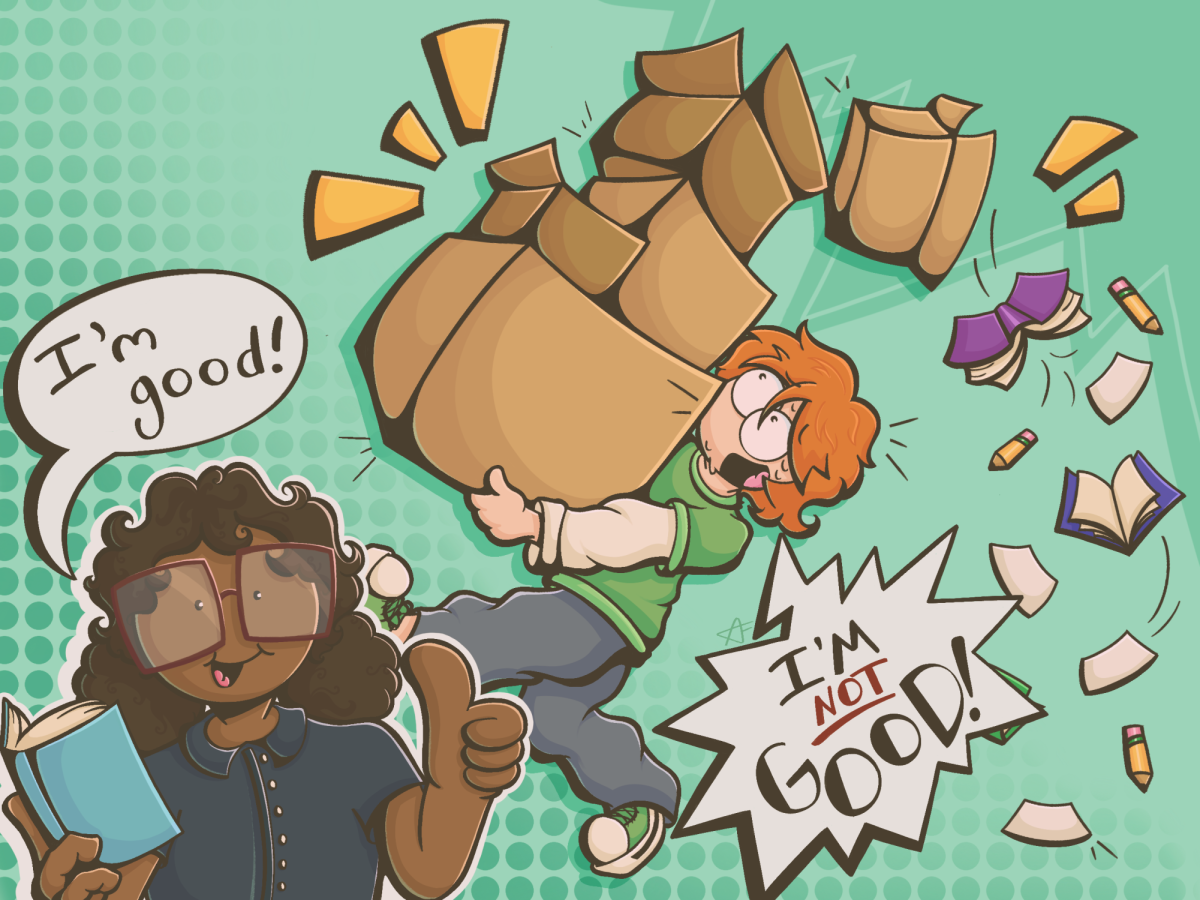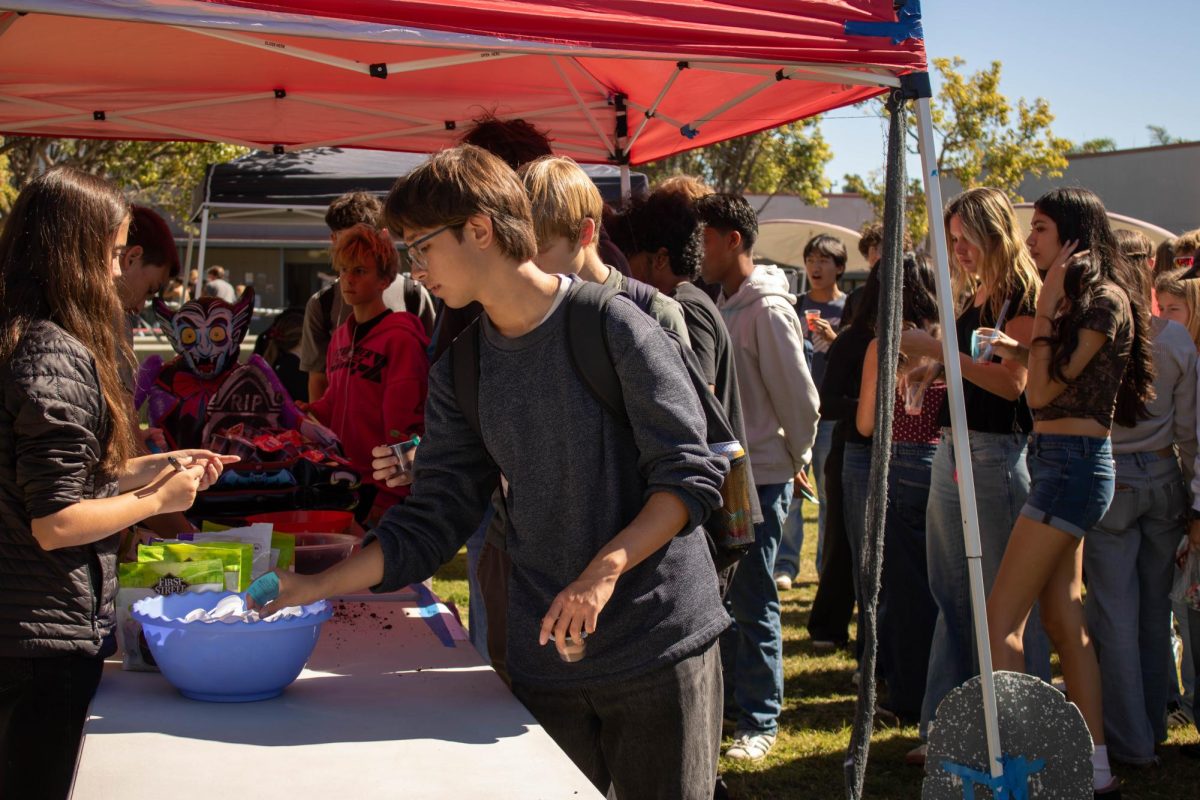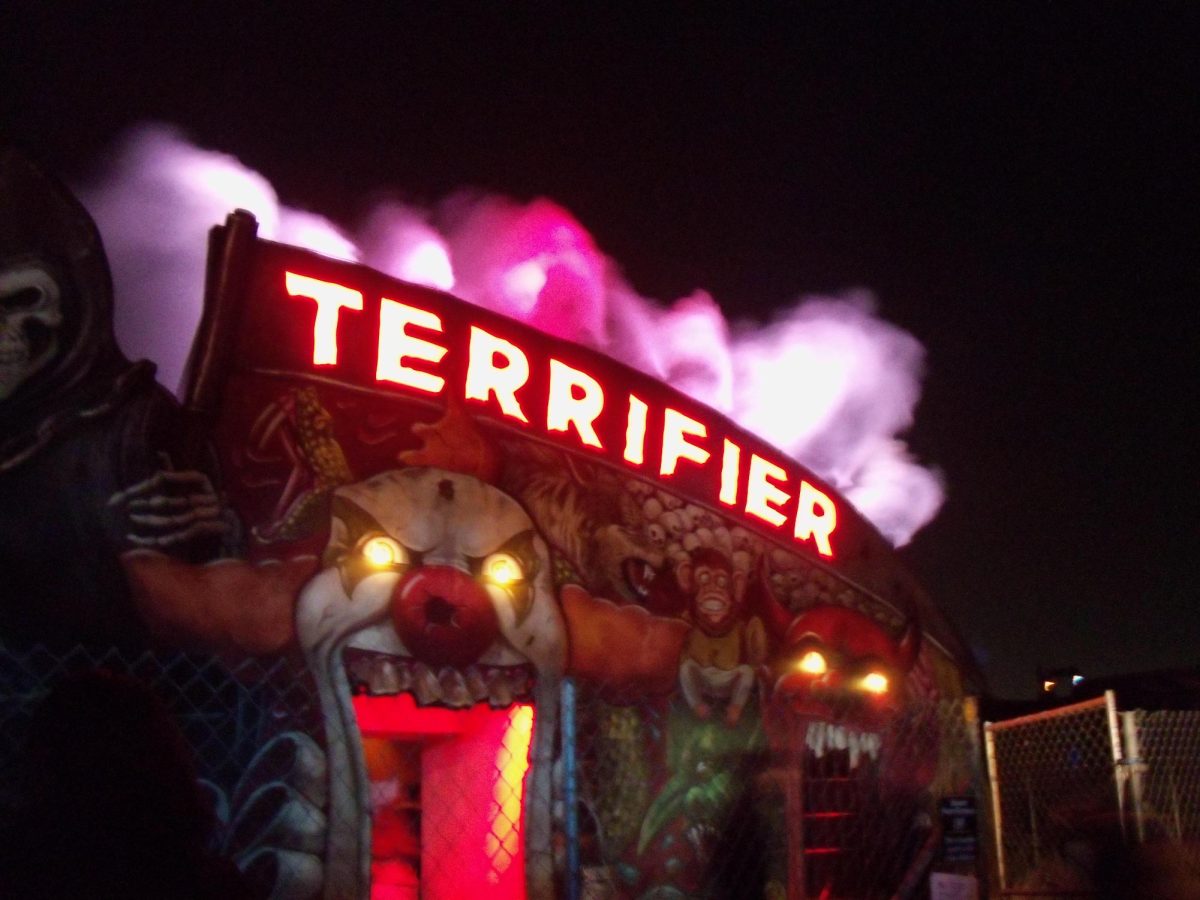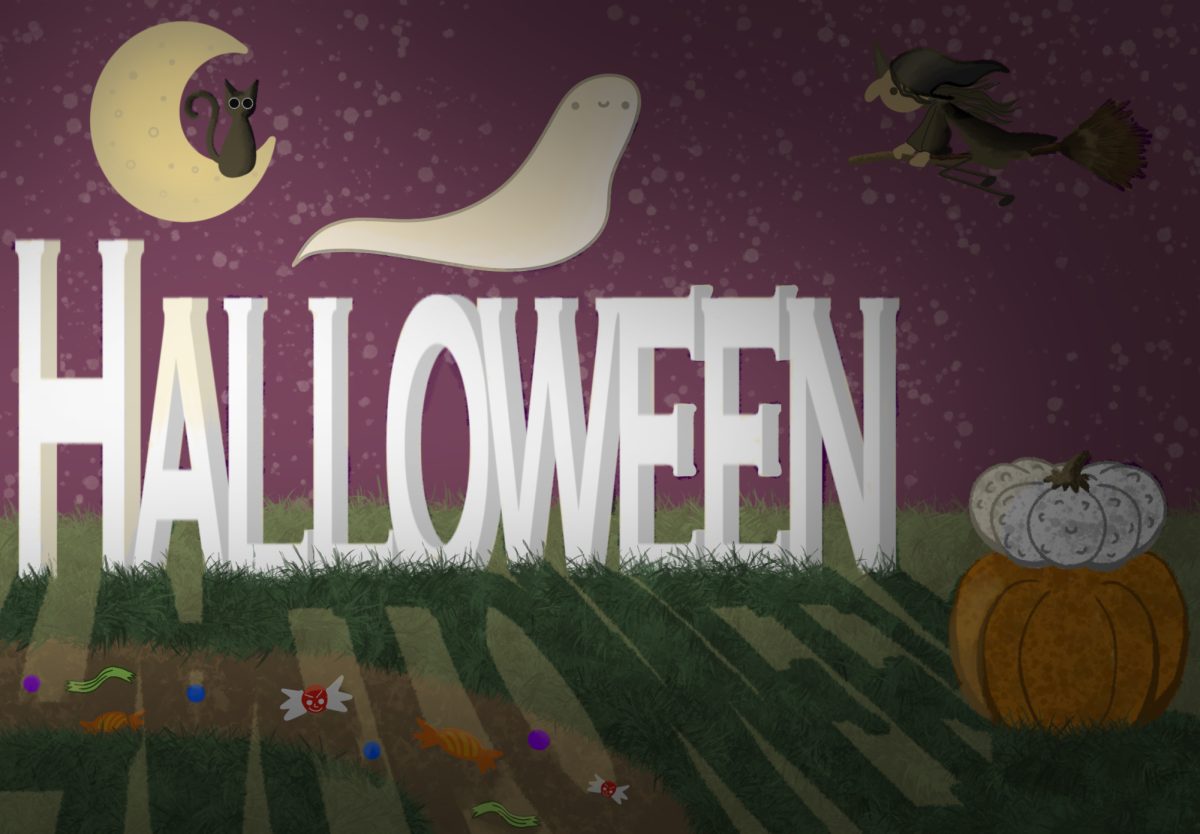Music carries an eternal power. All emotions in the human repertoire can be easily recalled through incoming sound. Whether feelings are found in the strum of a chord or amidst the beat of a drum, hearing is the human sense most associated with memory.
For many, an all-too-familiar sensation commonly provoked by music is the bitter recollection of an epoch passed. The ache of nostalgia can be prompted by a plethora of triggers, but studies have shown that from ages 12 to 22, the human brain develops the largest amount of neuronic commands, connecting incoming stimulation (such as music) to behaviour patterns, permanently linking sounds to experiences. Thus, the soundtrack to those prolific formative years will inevitably become ingrained into one’s memories, emotions and thoughts for the remainder of their lifetime.
The continuous inner narrative of one’s past is a sole dictator of the current reality we perceive. History’s context is the only corroboration of the people we are, and the people we’ve become.
Exceeding the limits of genre, style and era, the music that sculpted Foothill’s staff and faculty are as diverse and eccentric as the school itself. Crank up the volume on your sound system and reverse the persistent progression of time with the collective sounds of Foothill’s youth.
“Fitz-Patrick’s Genre: An Eclectic Taste” is how history teacher Dan Fitz-Patrick has classified the music he listens to. He describes it as a diverse mix of styles. “There’s music for all moods that I’m in, and music for all occasions,” he said.
Growing up in the city of Ventura, his earliest favorite band was Simon and Garfunkel. Their seminal live album “The Concert In Central Park” was frequently played over the stereo of his parents car during mundane carpools and summertime cross country roadtrips. Also germane to this era in his life were the songs by The Rolling Stones and Fleetwood Mac, both favorite bands of his mother, who gifted him with his first record in fourth grade: a 45 of The Stones’ “Start Me Up.”
[soundcloud url=”https://api.soundcloud.com/tracks/288032387″ params=”color=ff5500&auto_play=false&hide_related=false&show_comments=true&show_user=true&show_reposts=false” width=”100%” height=”166″ iframe=”true” /]
Despite a boyhood fondness for carefree folk guitar and intricate harmonies, by the time Fitz-Patrick reached middle school, he felt a desire to “push back against the norm,” turning to bands like Suicidal Tendencies and Aggression.
“I met a couple friends that were really into the Oxnard punk scene,” he recounted. “Next thing you know, I’m thinking about mohawking my hair and ripping the sleeves off of my denim jacket.”
Quickly maturing into an angsty teenhood filled with disdain for authority figures, the album that most impacted his growth was “Nothing’s Shocking” by Jane’s Addiction. Remaining his all-time favorite record to this day, the fervent 1988 release is a crude manifesto of sorts, both lyrically and musically groundbreaking to the evolution of hard rock. Exploring themes of conformity, identity and perception, it’s a record fitting for the tumultuous experience of becoming. He urges readers to give it a listen, saying that, whether it’s enjoyable or not, “at least it will give us something to talk about.”
From “powerfully uplifting” to “hauntingly comfortable in its sorrow,” music plays a huge role in Fitz-Patrick’s life.
“There’s not a day that goes by that I don’t listen to music, and not a day goes by that I don’t listen to a song that moves me in some way,” he said.
Coming of age in the late 1980’s-early 90’s, Foothill’s prized art teacher Justin Frazier was a frequent attendee of local ska punk gigs. In his hometown of New Haven, Conn., bands like Gorilla Biscuits and Minor Threat played almost every weekend. He even did time as a frontman for a group made up of ska-loving chums dubbed Spring Heeled Jack, the name referring to a demonic urban legend of England’s victorian era.
Though Frazier became uninvolved with the band by the time they recorded their first demo tape, he performed live with them several times, saying he was “confident on stage.”
Also relevant to his adolescence were U2 and REM, whose 1984 “Reckoning” on cassette was the first album he purchased with his own money. “I liked that they had some sort of message, something deeper than Bon Jovi – what everybody else was listening to,” he said.
His gravitation toward the profound and melancholic dates back to as early as the age of 3, when he informed his mother that Barry Manilow’s desperate 1974 tune “Mandy” made him feel “sad in his heart.”
[soundcloud url=”https://api.soundcloud.com/tracks/288031212″ params=”color=ff5500&auto_play=false&hide_related=false&show_comments=true&show_user=true&show_reposts=false” width=”100%” height=”166″ iframe=”true” /]
Referring to his relationship with music, Frazier stated “my identity was shaped around the music I listened to.” Genre aside, heavy music with intense expressiveness has always appealed to him, citing The Cure’s 1987 “Kiss Me, Kiss Me, Kiss Me” as an album pivotal to his development, marking a strengthened sense of individuality and self-expression.
Many of history teacher Cherie Eulau’s earliest memories revolve around music. Her life-long appreciation for song can be accredited to her father, a skilled singer, pianist and accordionist. Often, her parents would open their East County, San Diego home to guests for festive dinners complete with musical entertainment. To her, celebrating New Year’s Eve meant a family gathering around the piano for carols.
At about 9 years old, to her delight, she received an automatic-stop turntable for Christmas, along with a copy of the soundtrack to Disney’s 1973 animated “Robin Hood,” an album to which she still knows most of the words. Additionally germane to her musical development were, inevitably, The Beatles. She cited Sgt. Pepper’s Lonely Hearts Club Band as a beloved record of her childhood.
It was her father’s persistent warbling of pieces by The Kingston Trio and Harry Belafonte that kindled her partiality for the vocalists, and perhaps for soulful singers in general.
“I really like the power of those strong alto voices,” she said. “Generally, I pay more attention to the overall sound or beat of a song than the lyrics.”
Being a teenager in the 1970’s-80’s, Eulau’s most-played records were naturally those by The Carpenters, sweet-faced teen idol, Donnie Osmond and David Cassidy of The Partridge Family(whom she had a massive crush on). Her listening habits weren’t all so trite however, thoroughly enjoying the richly political and intellectually charged songs of folk groups like Peter, Paul and Mary.
[soundcloud url=”https://api.soundcloud.com/tracks/289225059″ params=”color=ff5500&auto_play=false&hide_related=false&show_comments=true&show_user=true&show_reposts=false” width=”100%” height=”166″ iframe=”true” /]
She was also influenced by the tastes of her “cooler older brother,” who frequently listened to Deep Purple’s 1972 record “Machine Head” at ear-splitting volumes, causing her home’s windowpanes to tremble in their frames.
In comparison to the music that the majority of her peers listened to, Eulau’s tastes could even be deemed contemporary. As country music was by far the most popular genre among the kids at her school, she ended up hearing lots and lots of country music, namely Kenny Rogers and Hank Williams. “I do like country in small doses, and that’s partly why I ended up listening to it a lot,” she explained.
Overall, Eulau’s musical listening habits are rather varied and expressive, a fascinating reflection of the dynamic instructor of history and government.
For Christopher Navarro, music is an escape, a so-called “mood eraser.” He uses it as a mighty tool to navigate life’s obstacles. It has always proved to ground and motivate him. “In school, I was the only one allowed to wear headphones because of how much it helped me focus on my work,” Navarro said.
Growing up, Navarro’s taste in music was highly influenced by the media he consumed, loving the early 1990’s heavy metal and hip-hop videos that aired on MTV. He recalls specifically a beloved recurring segment on the network’s crass “Beavis and Butthead” in which the show’s animated main characters commentate real-life music videos shown on screen.
In fourth grade, he was exposed to Slipknot, and so marked his journey into music as an assertion of the self. Navarro was immediately drawn to the tenacity and rawness of frontman Corey Taylor, and the profoundness behind their music and lyrics. “They were dedicated to the fans, not the popularity. And they never stopped,” he said.
Next, he would come to discover Static X. The band is accredited with the formation of ‘heavy disco,’ a loud, industrial genre combining elements of metal and techno.
“It was unique, it wasn’t the typical guitar and bass,” Navarro explained. “Different sounds and different music, it makes you forget about a lot.”
Among grunge and heavy metal, the campus overseer’s roots also lie in EDM. While the genres appear to exist in wildly separate spheres, both are known for using dissonant and abrasive instrumentation, proving Navarro’s draw to the loud, immersive and unusual.
Not harcore enough to be punk and hardly gloomy enough to be goth, an eccentric teenage Kristen Pelfrey’s colorful variety of musical affiliations granted her the freedom of self-expression without labels. She was a fan of many diverse musicians, ranging from Ex-Led Zeppelin frontman Robert Plant to teen idol Bobby Sherman.
Though she doesn’t play any musical instruments to date, she was quite the Kazoo aficionado in high school. “I seriously got down with my bad self. At school meetings, we would kazoo,” she said.
For the whimsical Pelfrey, sound can easily dictate her sentiment. “It’s an emotional ride,” she said.
Her notion of sound as feeling is suitable considering that she has a deep-rooted relationship with the passionate folk, gospel and protest music of the 1960’s. In infancy, she accompanied her parents to the chaotic Watts riots and later to many anti-Vietnam war demonstrations. She remembers hearing music by Pete Seeger, Mahalia Jackson and Marvin Gaye.
[soundcloud url=”https://api.soundcloud.com/tracks/289224588″ params=”color=ff5500&auto_play=false&hide_related=false&show_comments=true&show_user=true&show_reposts=false” width=”100%” height=”166″ iframe=”true” /]
“My parents were very active in the civil rights movement,” she remembered. “So, those songs, to me, were the sound of the war.”
“The Beatles feel like the soundtrack to my life.” She stated, and rightfully so. The band has been a part of Pelfrey’s existence quite literally since the night of her birth. While The Beatles famously made their first ever U.S. television appearance on The Ed Sullivan Show, her mother, nine months pregnant and enjoying the performance, was plunged into labor.
A child of the passionate soul and folk of the 1960’s-70’s, Pelfrey’s present-day unconventionality is reflected in her musical upbringing.
Zealous, strong and expressive, it’s only fitting that Melanie “Captain” Lindsey grew up listening to the powerful, rhythmic sounds of 1970’s experimental rock and 1980’s synthpop. Her father was the primary source of exposure to music, as he was always playing his favorite records around the house. The AP Literature teacher and ASB advisor remembers hearing lots of big sounds by the likes of Electric Light Orchestra, Queen, Dire Straits, The Beatles and Orchestral Manoeuvres In The Dark.
At about 14, she purchased her first album, a Wham! record, marking a natural progression into a teenhood of equally enthusiastic beats.
[soundcloud url=”https://api.soundcloud.com/tracks/288744621″ params=”color=ff5500&auto_play=false&hide_related=false&show_comments=true&show_user=true&show_reposts=false” width=”100%” height=”166″ iframe=”true” /]
Even as a youth, the music’s meaningful themes deeply resonated with her, perhaps contributing to her impassioned nature and love for analyzing literature. Captain believes music is a form of literature in itself, saying “I’m very lyrically inclined. I think it’s part of being an English teacher.”
Spending ages 9 to 25 in South Africa, Captain experienced firsthand the racially oppressive system of apartheid, a national legislature robbing non-white South African citizens of their rights. At this time, UB40 was her entire family’s favorite band, and remains so present-day. The British reggae group was greatly popular in South Africa, as many of their songs were written in protest of apartheid. Most famously was ‘Sing Our Own Song’ from their 1984 album ‘Rats in the Kitchen’ which Captain Lindsey fondly remembers singing along to with her parents and brother.
Anyone listening to the radio in 1986 likely heard the words ‘Ain’t no way I’m stayin’ home tonight, I’ll be out until the mornin’ light,’ the opening lyric to Van Halen’s ‘Summer Nights.’ While Mr. Li attended high school in Thousand Oaks, that track and it’s album, ‘5150,’ dominated the sales charts, peaking at number one on the ‘Billboard 200’ list upon its release. While he generally appreciates music that is a bit less commercialized, the wildly popular rock album perfectly encapsulates his teenage years. “We’re going to hang out at the beach, we’re going to party, we’re going to just live life to it’s fullest – that, to me, is what Van Halen really epitomized.”
One of his very first albums was the 1985 synth-rock digression of ZZ Top, ‘Afterburner.’ “I remember it had this really cheesy space shuttle-looking ship on the front of it, really cheesy songs too.” Other early favorites were Huey Lewis and the News and Zenyatta Mondatta by The Police, a band that he says has “always been a big part of my life”
[soundcloud url=”https://api.soundcloud.com/tracks/288908989″ params=”color=ff5500&auto_play=false&hide_related=false&show_comments=true&show_user=true&show_reposts=false” width=”100%” height=”166″ iframe=”true” /]
Although a plethora of bands have followed him throughout his life, history has proven that the most consistent musical presence had been The Beatles. “I kind of transitioned with them, with the chronology of their music.” He says. As a little boy, he adored their earlier ‘pop-y’ music. As he matured, he found himself “gravitating toward more complex rock and roll,” with ‘Rubber Soul’ and ‘Revolver’ carrying him from childhood to adulthood – a phenomena similar to the effect the albums releases had on The Beatles’ artistic legacy.
Li values music, more than anything, as a form of expression – the poet within him finding immense meaning in the symbolism it holds. He vividly remembers pouring over the packaging of Led Zeppelin’s ‘Physical Graffiti’ and The Rolling Stones’ ‘Some Girls,’ searching for hidden motifs alluding to a central theme. “There’s something about touching the album, feeling it.” Li says, that he cherishes. “It’s that idea of a piece of art, of the work in its entirety.”
Thanks to the cultured, conscious tastes that her so-called “hippie” parents bestowed upon her, Foothill’s whimsical AP English and Speech and Debate teacher Jennifer Kindred grew up with an ear for quite intelligent, purposeful rock and roll.
When most of her Southern California classmates were learning their A-B-C’s, Kindred was committing to memory her F-I-S-H’s. Around the house, her mother would often play the soundtrack to the 1970 Woodstock documentary, of which she specifically recollects singing along to Country Joe’s anti-war “Fish Cheer.”
“Well, I also liked all the bubblegum stuff,” she admits, remembering eating up the Jackson 5’s gleeful “I Want You Back.”
“To this day, that is my favorite song!” she enthusiastically shared. “In fact, Smokey Robinson wrote that song! But nobody remembers his version, only the Jacksons’.”
Navigating teenhood in the 1970’s-80’s, she ditched the tender songs of Barry Manilow for early selections from The Eagles’ discography and psychedelic-rock supergroup Cream. Eligible for hipster status before the term was invented, she was also a fan of lesser-known local Los Angeles band The Plimsouls and Rod Stewart’s blues-rock band The Faces.
[soundcloud url=”https://api.soundcloud.com/tracks/289258635″ params=”color=ff5500&auto_play=false&hide_related=false&show_comments=true&show_user=true&show_reposts=false” width=”100%” height=”166″ iframe=”true” /]
Amidst the widely listened to shimmering pop of the 1970’s, her family would take frequent day-trips to see folk singer-songwriter Arlo Guthrie perform live. “[We] must have seen him dozens of times. Anytime he came anywhere near, we would go see him,” she said.
This early exposure to live music influenced her later affinity for the creation of literature, poetry and rhetoric. “There’s something about live music,” she reminisced, “that really stirs my creativity.”
Thinking back to watching in wonder the real-time production of Guthrie’s music with a message, “There’s nothing quite like it,” she said.


